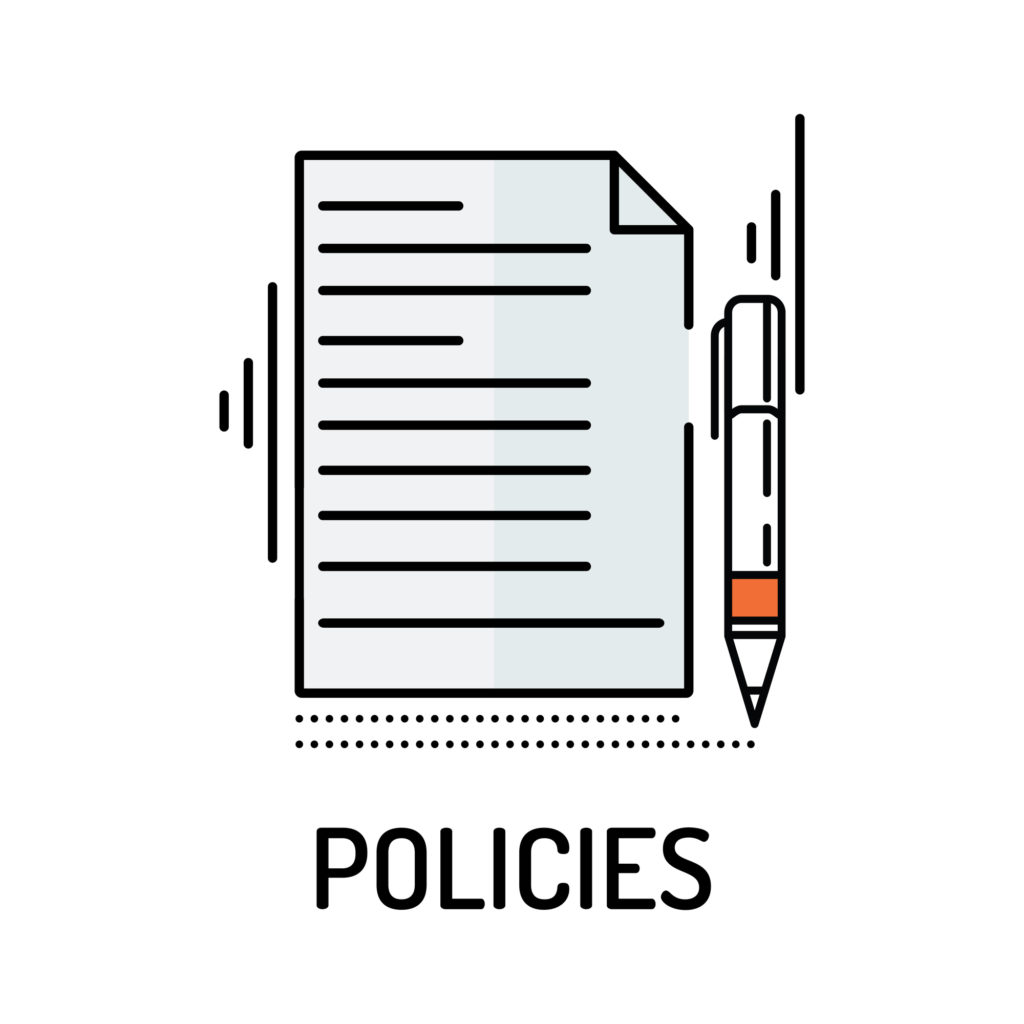 As Election Day approaches, it seems that just about everything is political. There are strong feelings that are being expressed on social media. But what are small businesses supposed to do about such expressions in the workplace?
As Election Day approaches, it seems that just about everything is political. There are strong feelings that are being expressed on social media. But what are small businesses supposed to do about such expressions in the workplace?
Legal requirements
Employers must be mindful of the law. Individuals have a constitutional right to free speech. This right bars government from restricting speech; it doesn’t limit private employers from imposing limitations in the workplace (what employees do after hours is essentially their business). But other laws may prohibit employer-set restrictions.
Some states have political activity and free speech protections. Employers that impede such actions may be discriminating against employees and subject to legal action. The law firm of Holland & Knight have a list of state laws related to political activities and employment.
Under National Labor Relations Board (NLRB) rules, employers cannot ban employees from discussing work conditions and unionizing, and it may be inevitable for politics to creep into such conversations. Is it possible to draw any lines?
Business policies
It’s difficult to fix policies on speech and behavior in the workplace. Clearly, an owner can set an example of appropriate speech and behavior.
An owner can also ban campaigning in the workplace. This includes, for example, prohibiting any display or distribution of political materials.
In setting business policies, I suggest that keeping a couple of famous quotations in mind can go a long way in helping to prevent animosity, harassment, uncomfortableness, and other unwanted feelings in the workplace during this contentious political season.
“The less said the better.” – Jane Austen.
“You should respect each other and refrain from disputes; you should not, like oil and water, repel each other, but should like milk and water, mingle together.” – Buddha
Final thought
Be prepared to comply with state law rules on time off for voting in November. Some states require employers to allow employees to take up to 4 hours off, with pay in some places or without in others. Employers that don’t comply can be penalized. But 21 states have no mandatory time-off rules. WorkplaceFairness.org has a map you can click on to find the rules in your state.


